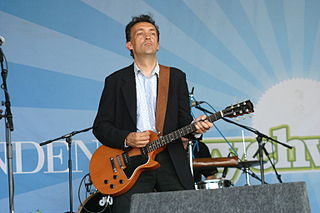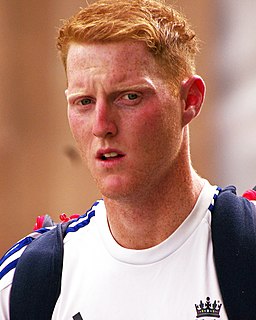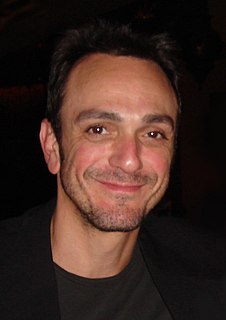A Quote by Mura Masa
I was hedging my bets with university. I always wanted to do music, it was just about waiting for the point when I could confidently say 'okay, I reckon there's enough momentum behind this thing to sustain myself.'
Related Quotes
You do just have to go back to moral philosophy and you've got to say, okay, there is greed, people do want more and more, but then what restrains them and what restrained them in the past was a view of life in which one's satisfaction wasn't the most important thing, that you just, you needed enough and you could say, "Enough is enough." Maybe religion will get you there, maybe just classic moral philosophy, but you have to have some of that, or else you're always on the gravy train.
I talk about things in music that I would never talk about with my best friends, which I think seems like a weird thing, but my justification in my head as to why it's okay is because it's cryptic enough and there's enough meat around it to make it all okay and no one can really prove what any of the songs mean.
It was time to expect more of myself. Yet as I thought about happiness, I kept running up against paradoxes. I wanted to change myself but accept myself. I wanted to take myself less seriously -- and also more seriously. I wanted to use my time well, but I also wanted to wander, to play, to read at whim. I wanted to think about myself so I could forget myself. I was always on the edge of agitation; I wanted to let go of envy and anxiety about the future, yet keep my energy and ambition.
My mother has always been the point I calibrated myself against. In knowing where she was, I could always locate myself, as well. These months she'd been gone, I felt like I'd been floating, loose and boundaryless, but now that I knew where she was, I kept waiting for a kind of certainty to kick in. It didn't. Instead, I was more unsure than ever, stuck between this new life and the one I'd left behind.
I used to ride the school bus to school and just listen to music with my headphones. I'd stick my head out the window and just think about how much I wanted to be a singer. I always wanted to do it, but I think I was always in the wrong place. I didn't really have any opportunities. So I left LA four years ago and I really just left my old life behind. I threw everything into pursuing music.
I volunteered at UCLA's occupational therapy ward, where there are lots of kids with autism and emotional problems. I just wanted to prove to myself that I could not break down and cry at everything, and that I could just help somebody else. The one thing I really remember was that when we would take them out of the hospital for a walk around campus, they would freak out the most when we were waiting for the elevator. I remember the guy at the elevator said to himself, "Transitions are the hardest." And I said to myself, "Transitions are always the hardest."




































